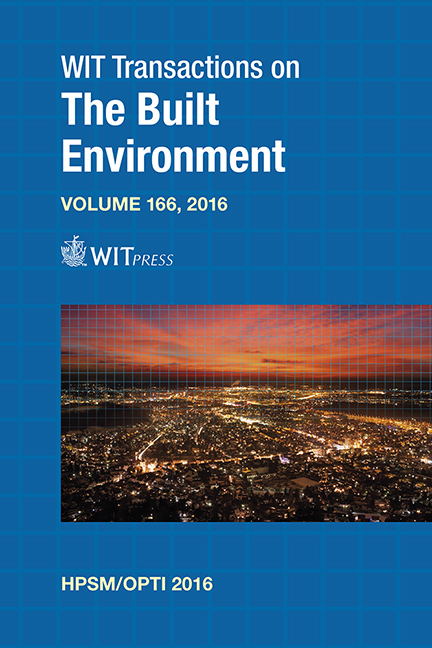Influence Of Holding Time And Pressure On Tensile Shear Strength Of Resistance Welded CFRTP
Price
Free (open access)
Transaction
Volume
166
Pages
9
Page Range
351 - 359
Published
2017
Size
1,418 kb
Paper DOI
10.2495/HPSM160331
Copyright
WIT Press
Author(s)
K. Tanaka, K. Okada, T. Katayama
Abstract
In the automobile industry, CFRTP (carbon fiber reinforced thermoplastics) are expected to be used because of their superior properties such as high toughness, high productivity and high recycling efficiency. Although the composite materials allow the integral molding of complicated structures, a large number of joints such as bolts and rivets still exist for assembly of the vehicle. These fastening methods cause the increase of weight and require holes, which cause stress concentration. Since the thermoplastic resin is used for the matrix of CFRTP, molten resin by heating is possible to be used as an adhesive. The direct resistance heating welding method has been developed using carbon fibers as resistance heating elements, which are the reinforcing materials of CFRTP. In this study, the heating characteristic of the heating element was assessed by thermal imaging measurement. In order to evaluate the influence of the holding time and the holding pressure on resistance welded strength, which are the important parameters of resistance welding, tensile shear test of lap-shear specimens were conducted. The shear strength, under the conditions of 30 s in holding time and 1.0 MPa in pressure, was 21.6 MPa, is the same level as strength of the commercially available adhesive used for structures.
Keywords
CFRTP, thermoplastics, resistance welding, heating element, holding time, pressure, shear strength





